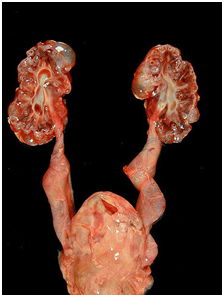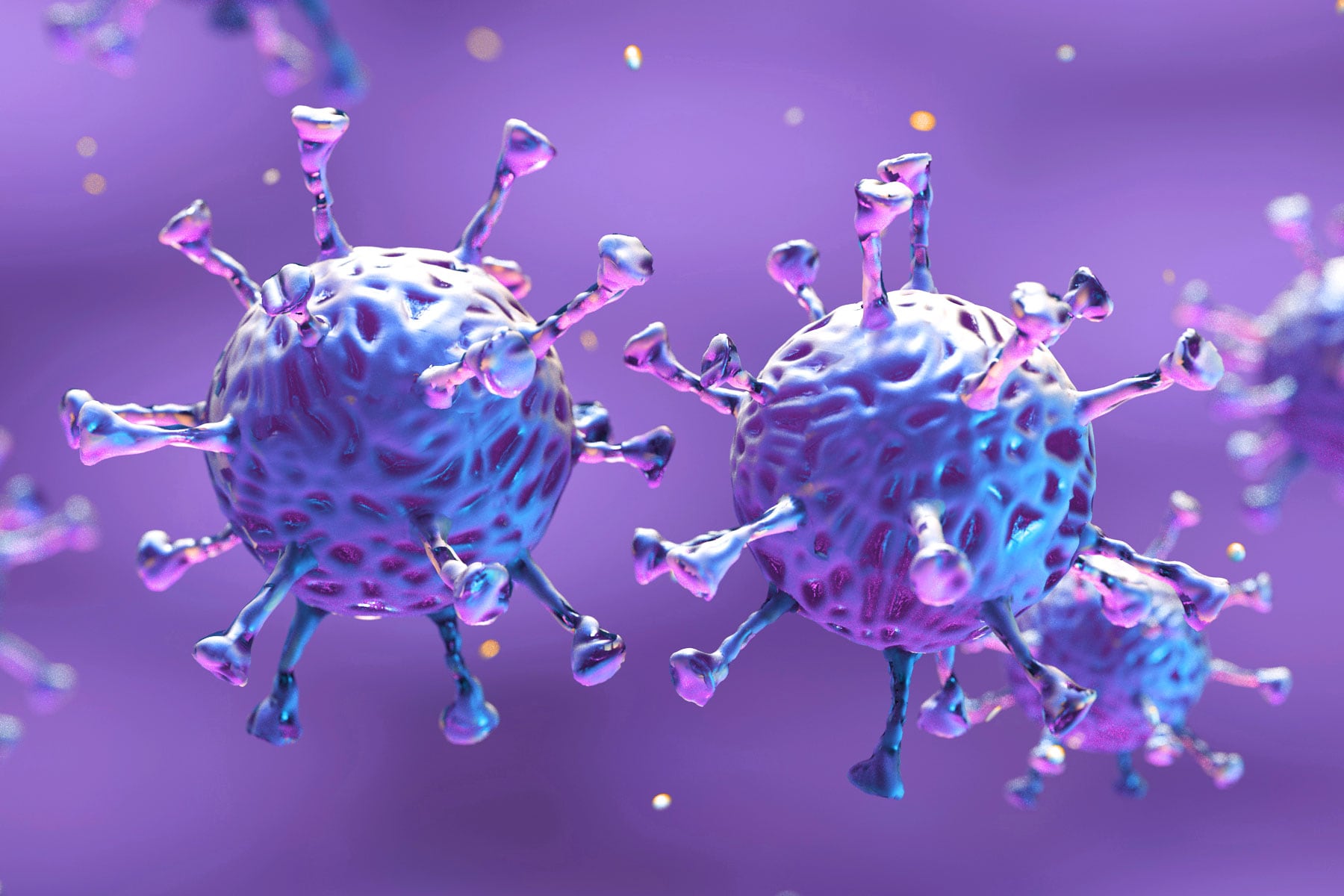Kidney Dysplasia Causes, Symptoms, Diagnosis and Treatment

What is Kidney Dysplasia?
Kidney dysplasia means that a kidney does not develop completely in the uterus. The affected kidney has no normal function – that is, it does not work as well as a normal kidney. It is usually smaller than usual and may have some cysts, which are like sacks filled with liquid.
Causes of Kidney Dysplasia
Kidney dysplasia can be caused by the exposure of the mother to certain medications or by genetic factors. Pregnant women should talk with their doctors before taking any medication during their pregnancy. Medications that can cause kidney dysplasia include prescription drugs, such as seizures and blood pressure medication drugs called angiotensin converting enzyme (ACE) inhibitors and angiotensin receptor blockers (ARBs). A mother’s use of illegal drugs such as cocaine can also cause kidney dysplasia in her unborn child.
Kidney dysplasia can also have genetic causes. The disorder appears to be an autosomal dominant feature, which means that a parent can pass the trait to a child. If kidney dysplasia is detected in a child, an ultrasound examination can reveal the condition in one of the parents.
Several genetic syndromes that affect other body systems can cause kidney dysplasia as a part of the syndrome. A syndrome is a group of symptoms or conditions that can be unrelated but have the same cause – usually a genetic cause. A baby with renal dysplasia could also have problems of the digestive tract, the nervous system, the heart and the blood vessels, the muscles and the skeleton or other parts of the urinary tract.
Symptoms of Kidney Dysplasia
Many babies with kidney dysplasia in only one kidney have no signs of the condition. In some cases, the affected kidney may be enlarged at birth and may cause pain.
Diagnosis of Kidney Dysplasia
- Monitoring should include blood pressure checks, kidney function tests, and urine testing for protein.
- Periodic ultrasound can be used to make sure the other kidney continues to grow normally and no other problems develop.
Treatment of Kidney Dysplasia
If the condition is limited to one kidney and the baby has no signs of kidney dysplasia, no treatment may be necessary. However, the baby should have regular checkups that include
- Checking blood pressure.
- Testing blood to measure kidney function.
- Testing urine for albumin, a protein most often found in blood. Albumin in the urine may be a sign of kidney damage.
- Performing periodic ultrasounds to monitor the damaged kidney and to make sure the functioning kidney continues to grow and remains healthy.
Related Articles:
Acute Kidney Failure Symptoms, Causes, Diagnosis and Treatment
Kidney Stones Symptoms, Causes, Diagnosis and Treatment
Polycystic Kidney Disease Symptoms, Causes, Diagnosis and Treatment
Chronic Kidney Disease Symptoms, Causes, Diagnosis and Treatment
Kidney Cancer Symptoms, Causes, Diagnosis and Treatment
Kidney Infection Symptoms, Causes, Diagnosis and Treatment
Kidney Cyst Causes, Symptoms, Diagnosis and Treatment
By : Natural Health News




